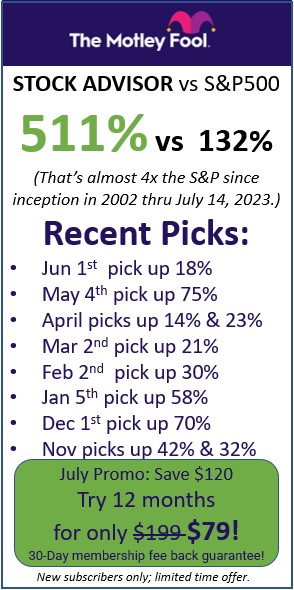When you decide to work with a financial adviser and put your money and possibly your future security into someone else’s hands, it pays to do some research before you make a final hiring decision. The good news is there are useful documents that give you vital information about how an individual or firm does business. The internet opens up easy access to a number of records and serves as a vehicle for relevant professional information to help you make an informed choice. Here are helpful ways to learn more about investment advisers.
Read the Form ADV
Financial professionals are required to be registered, so make sure you always work with a registered money manager. If you do not and something goes wrong, you may not be able to recover your money even if you get a legal ruling in your favor. Most financial advisers do their work legally, but you still need to take care and look after your own interests.
The United States Securities and Exchange Commission requires financial professionals to register a Form ADV, which gives you valuable information about how the individual or firm operates, names of officers, the nature of investments, and its style of investing. These disclosure statements are available to you free on the SEC’s Investor Adviser Public Disclosure, or IAPD, catalogue.
Find out What Agency Oversees Them
Asset professionals will be overseen either by the SEC or FINRA, the Financial Industry Regulatory Authority.
- SEC—Use the SEC’s search feature to look up investment professionals.
- FINRA—Check licenses and professional backgrounds, including past complaints, using its BrokerCheck
Some finance managers may be registered with both, so perform all applicable searches.
Clarify Their Professional Credentials
There are different types of investment advisers, and there are various types of industry designations they can hold based upon their specialties.
- Certified Financial Planner, or CFP®
- CPA, or Certified Public Accountant
- CFA, or Chartered Financial Analyst
- CHFC, or Chartered Financial Consultant
- RMA, or Retirement Management Adviser
- RICP, or Retirement Income Certified Professional
You can check for CFP® designations on this industry database. FINRA has compiled a database of designations for investment professionals that makes understanding industry credentials easier.
Research Business Details
If you have specific names of money professionals, you can look them up on business-related databases such as Crunchbase. This platform allows you to search for financial managers to learn important company facts. For example, you can easily see data about Fisher Investments, an independent money manager, when you perform a search. This pre-compiled information can make your research easier when you narrow down your choices.
Conduct an Interview
Once you have researched histories, checked credentials, and understand something of how a money professional operates, conduct an interview, preferably in person. Meeting face to face helps you get an idea of personality and gives you a sense of how a person or even a firm would be to work with.
Do not hesitate to question them about their licenses and registrations and even if they have had complaints in the past. If they have, ask how they handled the situations. A reputable asset manager such as Fisher Investments will readily answer your questions. Even though technology makes many aspects of life quicker and more convenient, nothing is better than a personal meeting to get a feel for motivations, habits, and practices.
Deciding to hire a financial professional is a big decision. Once you make it, use convenient modern tools to check the details and history of anyone with whom you are considering working. A bit of research now can give you peace of mind later.

 wkaraman14’s September Trading Strategy
wkaraman14’s September Trading Strategy